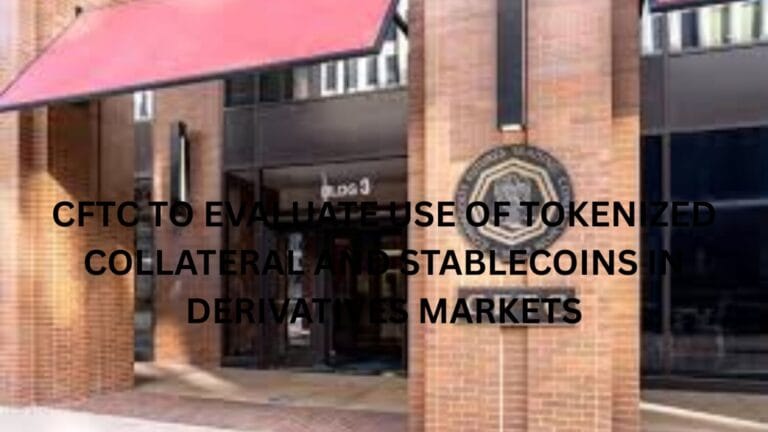Key Takeaways:
- The Monetary Authority of Singapore (MAS) has published new proposals for cryptocurrency regulation.
- One of the major adjustments will be to restrict credit facilities from offering services related to leverage trading to control consumer access.
Singapore, a leading haven for cryptocurrencies, is taking action to tighten up regulations in the cryptocurrency market. The Monetary Association of Singapore (MAS), the supervisory agency in charge of monetary policy, released two consultation papers outlining strict regulations for stablecoin issuers and cryptocurrency trading.
The proposed regulations aim to reduce the risks that retail investors face from cryptocurrencies. The MAS claims that because cryptocurrencies or digital payment tokens (DPTs) are an assisting component of the larger digital asset ecosystem, a complete ban will not be practical.
The MAS will necessitate DPT service providers (DPTSPs) to guarantee ethical business practices and appropriate risk dissemination to lower the threat to customers from speculative trading in cryptocurrencies.
The official release also declares that despite these regulatory actions, consumers must keep trading in DPTs with due care and assume accountability for their actions. Consumers cannot be shielded by regulations from losses brought on by the highly risky and speculative essence of DPT trading.
Companies cannot offer incentives to entice cryptocurrency users in Singapore. Additionally, companies in the Republic are not allowed to give financing options to retail traders or accept credit cards for the purchase of cryptocurrencies.
The proposal may also require businesses to assess retail customers’ financial literacy. However, institutional investors and trading systems that use artificial intelligence would not be subject to these demands.
DPTSPs will also be obligated to develop procedures for handling complaints, properly implement segregation of customers’ assets, and minimize any possible conflicts of interest arising from their various roles.
The MAS emphasized the possibility of stablecoins being used as a medium of exchange and a repository of worth. But to guarantee their stability, stricter measures are required. The regulatory approach is imprecisely reducing the use of decentralised tokens and cryptocurrency trading while promoting stablecoin adoption.
However, currently, Non-bank stablecoin issuers will also need to maintain liquid assets worth more than 50% of annual operating costs to achieve recovery or a smooth wind-down.
The MAS will start regulating the allotment of stablecoins (SCS) pegged to a single currency with a value greater than $5 million in circulation. The most important suggested prerequisites are value consistency, reference currency, disclosures, and other prudential standards.
For instance, SCS issuers must keep reserve assets in cash, cash equivalents, or short-term government bonds that are at least equal to 100% of the par value of the outstanding SCS in circulation. The currency in which these assets are valued must match the currency that is pegged.
Singapore is undoubtedly racing to become the ultimate crypto destination and is making progress in this regard. The High Court of Singapore recently made the interesting and unusual decision that non-fungible tokens (“NFTs”) may be “considered property” and, consequently, be the subject of a proprietary injunction.










